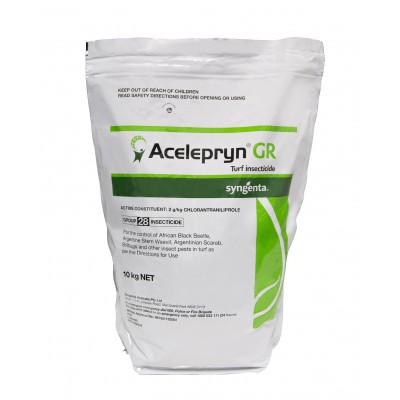Grass allergies can be triggered by several factors, including the pollen they produce and the texture of their leaves. With Australia often labelled one of the “hayfever capitals of the world,” understanding the causes of these allergies and which grass types are more likely to provoke them can make a big difference.
Skip to: What Grass Type Should I Choose? Why Does Rye Grass Cause Allergies? Do Lawn Seed Heads Cause Allergies? Grass Allergies Due to Leaf Texture
What Grass Type Should I Choose?
When it comes to enjoying time in your backyard and living with an allergy, it is often best to look towards a warm-season grass type (like buffalo, couch, zoysia and kikuyu), one that grows vegetatively and not cool-season grass types that tend to throw a lot more seed.
Allergies between individuals can differ greatly, so before choosing a turf type for your home, we recommend visiting your local Lawn Solutions member’s turf display area to get a better look and feel of each variety. Alternatively, you can also trial a roll or two of turf at your home first and see if it causes any reactions before installing your new lawn.

Why Does Rye Grass Cause Allergies?
Pollen from rye grass is the main culprit identified in causing hay fever from lawns. Rye grass can produce over half a tonne per hectare of pollen that cause allergic responses in susceptible people. Rye grass can be found everywhere, in lawns and turf used in many home gardens, roadside verges, parks, sporting fields and tracks as well as pastures.
Pollens from a range of other grasses, weeds and trees also contribute to allergic reactions, and in addition, non-pollen causes, such as fungal spores and house dust mites, may also cause such reactions. (source Asthma Australia)
Do Lawn Seed Heads Cause Allergies?
Since lawns release pollen when they go to seed, reducing stress on your lawn can help prevent seeding and minimise pollen production.

Although there are some stressors that we cannot change (such as the inconsistent weather), there are a few things which we can control. These include:
- Ensuring your soil is at an ideal pH between 6 – 7.5. If you need to test or correct your soil’s pH check out our page.
- Mow on a regular basis to help reduce plant stress.
- Ensure your lawn has adequate nutrients through regular fertiliser applications.
- Throughout the warmer months, a Plant Growth Regulator (PGR) like Amigo can help reduce seed head production and slow down your lawns vertical growth.

Grass Allergies Due to Leaf Texture
Some of the older, and scratchier grass types may have small, microscopic bristles that can cause skin irritation when rubbed against the skin. Usually with the newer turf types, this is less of an issue, due to soft leafed grasses.
Again, it is important to note that, as allergies are specific to the individual, we recommend visiting a turf display area. This will help give you a better look and feel of each turf variety if you are prone to allergies to see which is best suited to you and your needs.
By installing the right grass variety, you can hopefully enjoy a luscious, green lawn without the allergy symptoms. For more lawn care tips and advice, make sure you check out our other lawn care blogs.


